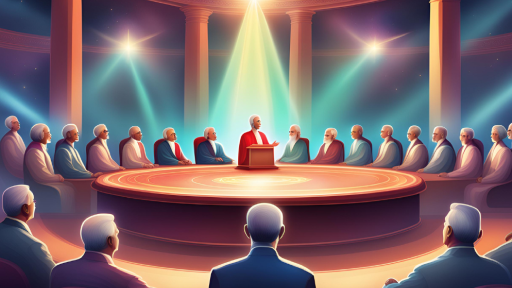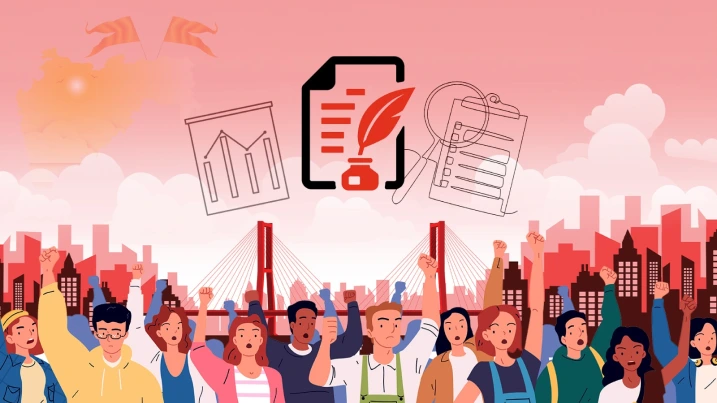
- Home
- Society Sunday
- Blog
The General Body Meeting: The Supreme Authority in a Cooperative Society

Understanding the General Body Meeting
Key Functions of the General Body Meeting
-
Supreme Authority
-
The General Body Meeting is the final authority in the society, as per bye-law 109. It is responsible for making decisions that are binding on the society and its members.
-
Management Oversight
-
The management of the society’s affairs is vested in the Committee, but the General Body Meeting retains the ultimate oversight, as per bye-law 110.
-
Election of Committee Members
-
The General Body Meeting is responsible for electing the Committee members, who are the key decision-makers in the society, as per bye-law 114.
-
Quorum
-
For the meeting to be valid, a quorum is required, which is 2/3rd of the total number of members or 20, whichever is less, as per bye-law 99.
-
Decision-Making
-
Decisions at the General Body Meeting are made by a simple majority of members present and voting, as per bye-law 106.
-
Minutes and Resolutions
-
The Committee is responsible for finalizing the minutes of the General Body Meeting within three months and circulating them among members, as per bye-law 107.
-
Cancellation of Previous Resolutions
-
No resolution can be brought to cancel a previous resolution unless six clear months have elapsed since the passing of the previous resolution, as per bye-law 108.
Conducting the General Body Meeting
-
Notice
-
A clear 14-day notice is required for the Annual General Body Meeting and a 5-day notice for a Special General Body Meeting, as per bye-law 98.
-
Quorum and Adjournment
-
If the quorum is not met, the meeting may be adjourned or dissolved, as per bye-laws 100 and 101.
-
Presiding Officer
-
The Chairman of the society presides over the General Body Meeting, as per bye-law 102.
-
Agenda and Business
-
The Committee decides the date, time, place, and business to be transacted at the General Body Meeting, as per bye-law 97.
Conclusion
As a member of a cooperative housing society, it is crucial to be aware of the powers and responsibilities of the General Body Meeting to ensure that your interests are well-represented and that the society operates efficiently and transparently.








